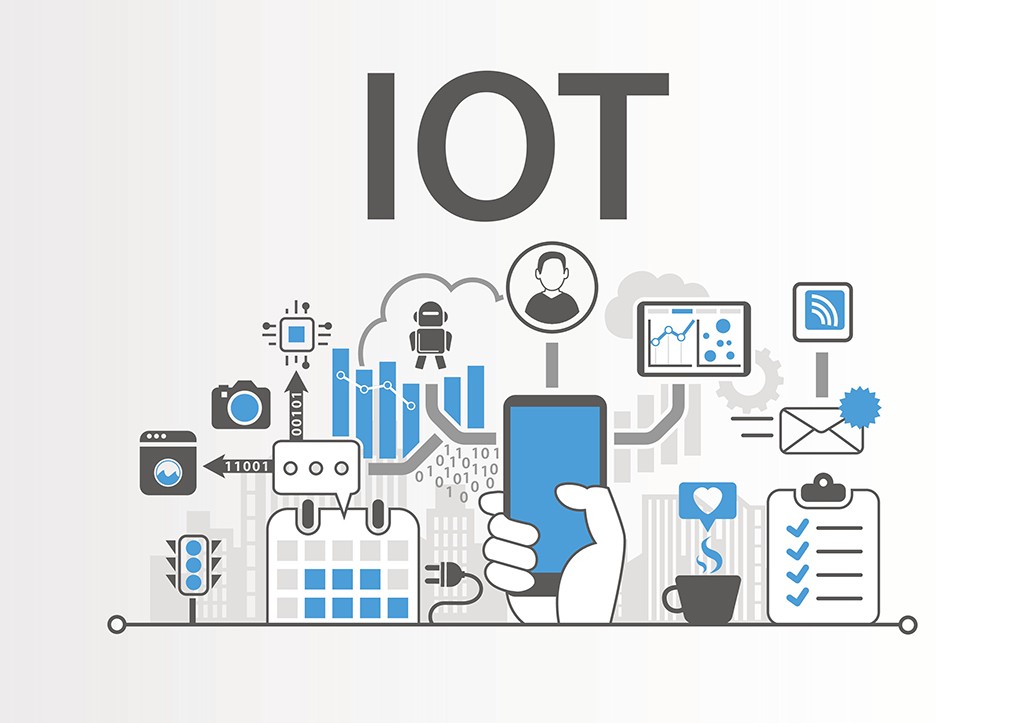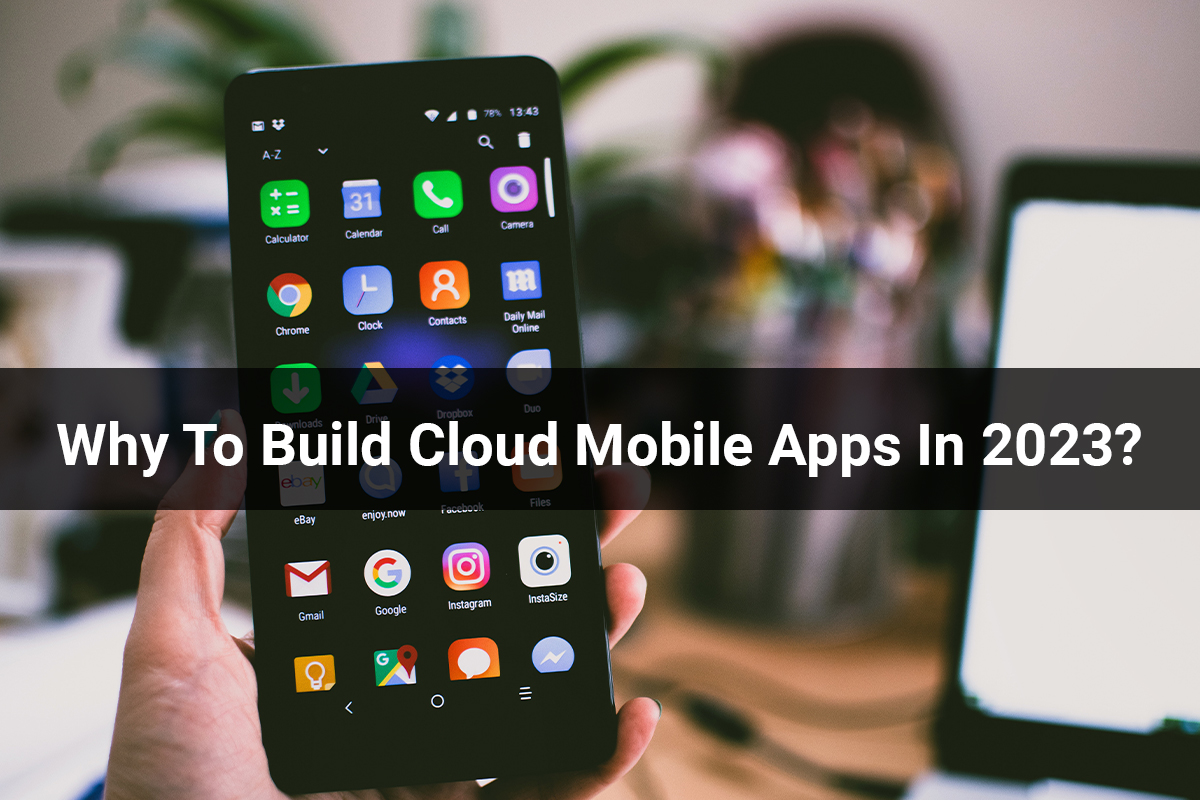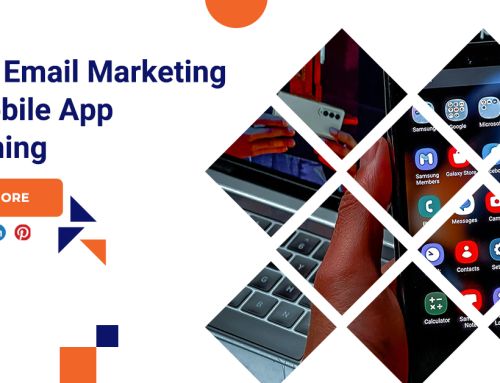Why To Build Cloud Mobile Apps In 2023
Mobile apps are constantly changing and will continue to change in the future. To keep your business up to date, you need a dedicated mobile app. Businesses are constantly looking for new technological breakthroughs to stay ahead of the competition, and mobile app development is no exception. On the other hand, experts always question the use of business mobile apps compared to their download speed. Below we discuss some cloud mobile apps in 2022.
A cloud application
Since then, businesses have embraced the concept due to its benefits such as scalability, flexibility and cost effectiveness. Cloud applications are software applications that run on the cloud rather than on individual devices such as PCs or laptops.
Characteristics of the cloud application
Cloud applications represent a new way of doing business. It is changing the way companies provide services and products, and it is changing the way customers interact with those companies.
1.Easy access to data
Cloud applications allow users to access their data from any device. This means you can view and edit your company information from anywhere in the world, day or night. Cloud application development also provides an easy way to share information with other businesses, be they internal or external partners.
2.Flexible usage models
You can use cloud applications on multiple devices, which means employees can work from anywhere. It makes it easier for your employees to collaborate on projects and complete tasks faster than ever before.
3.Lower cost of software updates and upgrades
Cloud application development is constantly evolving and improving based on user feedback there is no need for expensive upgrades or updates that traditional software requires every few years.
4.Self–service on demand
A customer can unilaterally provision computing capabilities such as server time and network storage automatically as needed without requiring human interaction with each service provider.
5.Broad network access
The capabilities are available over the network and are accessed through standard mechanisms that support use by heterogeneous thin or thick client platforms.
6.Pooling of resources
A provider’s computing resources can serve multiple consumers using a multi-tenant model, with different physical and virtual resources being dynamically assigned and reassigned based on demand.
Cloud mobile apps
1.IoT, the new trendsetter

The Internet of Things is constantly growing because it allows people and devices to be controlled. The integration of IoT data and mobile applications enables users to obtain real-time data about people and devices on the go, enabling them to improve process efficiency. Businesses have already started to be affected by IoT applications and big brands have started joining the technology revolution to provide users with a seamless connected environment.
2.The role of artificial intelligence

The introduction of artificial intelligence into the digital realm has fundamentally changed the way most businesses operate. Businesses are increasingly using AI based applications to deliver a smarter user experience while using fewer resources, resulting in higher productivity and cost savings.
3.Wearable technology and mobile application development
Businesses are focusing their efforts on applications that integrate with wearable gadgets and provide information in novel ways. This will affect a wide range of products and services in sports, fitness, fashion, hobbies and healthcare. The ability to connect wearables to smartphones will have a significant impact on future mobile app development processes, enabling new generations of apps to inspire and enhance the user experience.
4.Chatbots take mobile development to a whole new level
Chatbots and mobile apps are generating buzz in the market because their combination allows businesses to obtain large amounts of user data to tailor their approach to clients and deliver consistent experiences.
5.Benefits of cloud backend for mobile app development
Storage capacity will be tested as the use of mobile apps in the workplace expands. In addition, cloud services will make data collection more convenient for your business. Higher revenue and more clients will help cloud businesses in this sector. Ever since Google signaled a mobile centric approach to corporate websites, the demand for mobile apps has grown.
The following suggestions will help you better understand how successful companies approach business mobile app development.
- Companies are focusing on productivity-based applications to increase revenue and improve customer experience.
- Incorporating user feedback into app development.
Conclusion
Cloud mobile apps has been proven to revolutionize the modern mobile app development market and is the best alternative for native mobile app development. It provides several features and benefits, especially protected security factors and can streamline the application development process.








Leave A Comment
You must be logged in to post a comment.